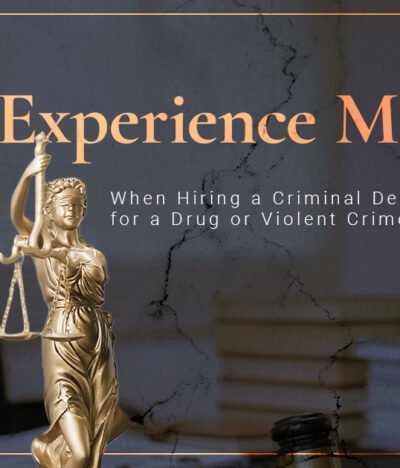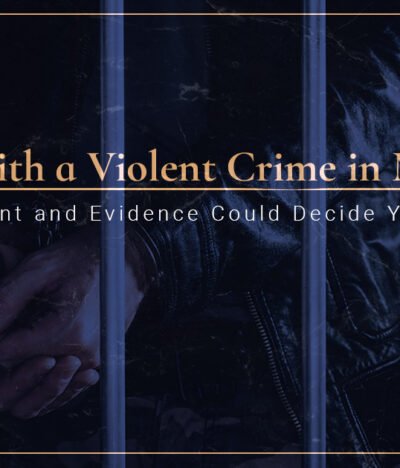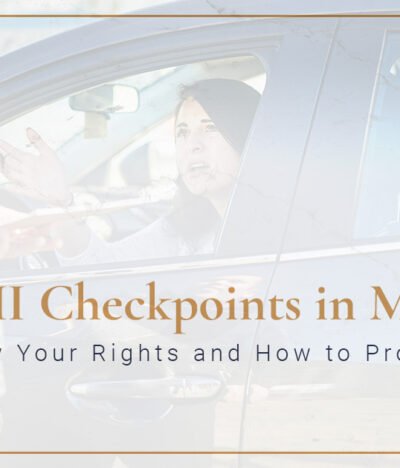In-custody police interviews are high-pressure situations, especially if you don’t fully understand your rights. At The Sims Law Firm in Ridgeland, Mississippi, we know how quickly these encounters can lead to damaging statements or even serious charges. Whether you’ve been arrested or formally charged, or simply asked to come in for questioning, knowing how and when to assert your constitutional rights is critical to protecting your future.
What Does the Sixth Amendment Guarantee?
The Sixth Amendment protects criminal defendants by guaranteeing a public trial without delay, an impartial jury, the right to a lawyer, and the right to cross-examine your accusers and the charges against you. This right to counsel applies during all “critical stages” of prosecution—but only after formal charges are filed (by indictment, arraignment, or complaint).
As clarified in Texas v. Cobb, the right is “offense-specific,” meaning it only applies to the charges filed. Once invoked, police cannot question you about that offense without your attorney present.
How Are Miranda Rights Related?
Before any custodial interrogation, police are legally required to read your Miranda rights, including:
- The right to remain silent
- That anything you say can and will be used against you
- The right to an attorney
- If you cannot afford an attorney, one will be provided for you.
These rights stem from the Supreme Court’s decision in Miranda v. Arizona. Suppose you are in custody and being interrogated, and law enforcement fails to provide a proper Miranda warning. In that case, any statements made during that interrogation may be suppressed and deemed inadmissible in court.
Invoking Your Rights Properly
Under Berghuis v. Thompkins, simply staying silent is not enough to stop police questioning. You must clearly and unambiguously say something like:
“I am invoking my right to remain silent,” or “I want a lawyer.”
Unless you make this explicit statement, officers may continue questioning you, and anything you say afterward may be used in court, even if it comes after a long period of silence.
What Happens If You Speak Without an Attorney?
If you talk to the police after waiving your rights, those statements are generally admissible—even if they’re later regretted. In Mississippi, even a brief, unrepresented statement to police can have long-term legal consequences. Anything said during an unrepresented interrogation can severely limit your defense options and may even become the prosecution’s strongest evidence.
Lessons from the Amanda Knox Case: Why Representation Matters
Amanda Knox, a 20-year-old American studying abroad, was interrogated by Italian police for hours in 2007 without an attorney present. She was questioned in a language she barely understood, denied proper translation, and subjected to significant psychological pressure. Eventually, she signed a statement implicating herself—one that became a central piece of evidence in her murder trial.
Though Knox was eventually exonerated, her case became a global example of how custodial interrogations can lead to coerced or misunderstood confessions, especially when a suspect:
- Doesn’t know their rights
- Doesn’t explicitly ask for a lawyer
- Is subject to foreign or unfamiliar procedures
- Is isolated from legal advice
Knox’s experience underscores a critical point: police may use pressure, fatigue, or confusion to obtain a statement, and if you don’t clearly invoke your rights, what you say can be used against you, regardless of accuracy.
Similar risks apply, even in the U.S. Misunderstanding your Fifth and Sixth Amendment protections can lead to self-incrimination, false confessions, or legal disadvantages that are difficult to undo.
FAQs: What You Need to Know
What does it mean to invoke your Sixth Amendment rights?
It means asking for an attorney after you’ve been formally charged. Once invoked, police must stop questioning you about that offense.
What’s the difference between the Fifth and Sixth Amendments?
- Fifth Amendment: Protects against self-incrimination during custodial interrogation. It applies as soon as you’re in police custody and must be clearly invoked.
- Sixth Amendment: Guarantees the right to a lawyer after formal charges are filed and during key stages of prosecution.
Can police keep questioning me after I ask for a lawyer?
No. Once you invoke your right to counsel or to remain silent, questioning must stop under both amendments.
Why is it dangerous to speak without an attorney?
Statements can be taken out of context, misunderstood, or used to build a case against you—even if you’re innocent. Without a lawyer, you may unintentionally give up critical protections.
Call Sims Law Firm to Protect Your Rights
Whether you’re under investigation or facing charges in Mississippi, the moment you’re questioned, your rights are at stake. At Sims Law Firm, we help clients assert their rights and avoid mistakes that could cost them their freedom. Attorney Trae Sims brings over 20 years of criminal law experience and knows how police and prosecutors operate.
If you’ve been questioned or arrested in Mississippi, don’t speak to police without legal representation. Contact Sims Law Firm in Ridgeland, book an appointment, or call us at (601) 207-3732 for experienced, strategic criminal defense today.






